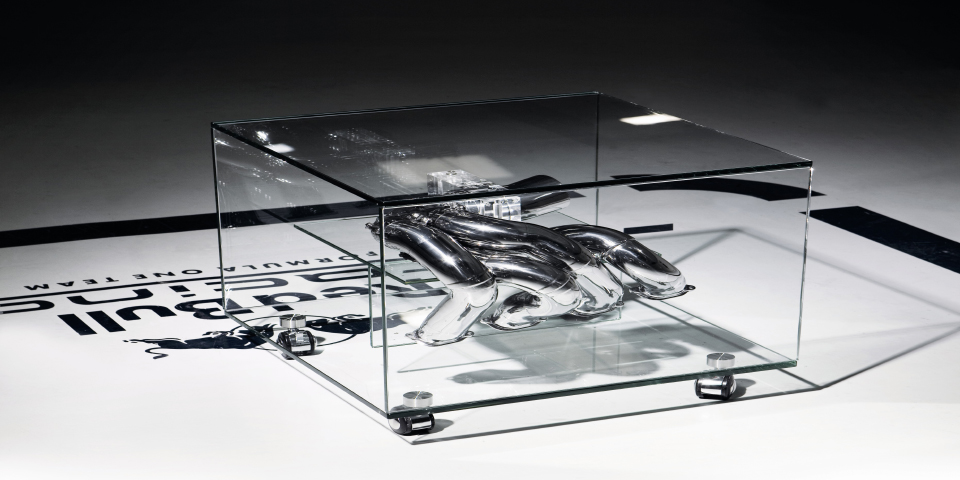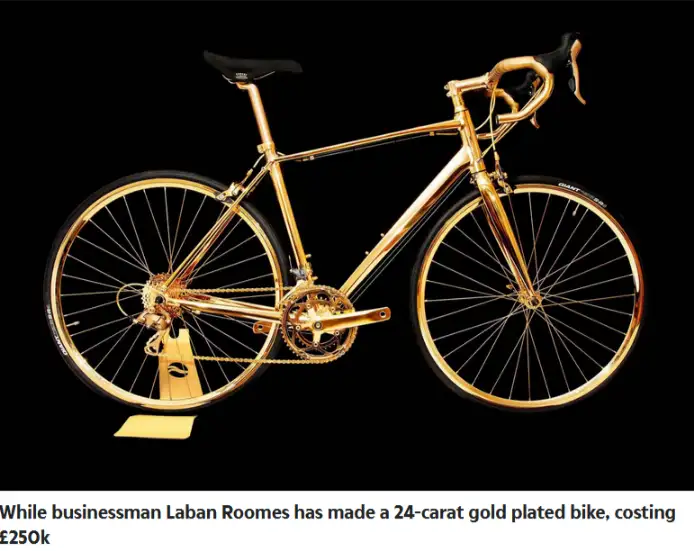Gold "Steady" vs. Dollar Rally
From Adrian Ash
As US Leads Global “Race to Debase”
THE PRICE OF GOLD sat tight above $1290 an ounce in London on Thursday morning, holding 1.4% above last week’s close as European stock markets extended their losses to 1.2% and crude oil dropped below $74 per barrel.
“Gold has remained fairly steady around yesterday’s closing level, in spite of a stronger Dollar,” says one London dealer in a note.
“A quiet session overnight,” says another, with gold “basically tracking the Euro” against the US Dollar as Tokyo and Hong Kong joined Shanghai in closing for a holiday.
The Dollar today knocked the Euro 0.5¢ off Wednesday’s 24-week high above $1.34, but it fell back against the Japanese Yen.
New data meantime revealed a downturn in European services and manufacturing output, a further decline in UK mortgage and business lending, plus higher-than-expected US jobless claims for last week.
“Gold was, and is, used as a symbol of status and value, and the basis for that is its rarity,” said BBC business editor Adam Shaw on Radio 4’s agenda-setting Today program this morning.
“A government [in contrast] can print as much money as they like, flooding the market and undermining the currency’s value.”
Examining Tuesday’s US Federal Reserve statement, “The Fed had indicated previously that further quantitative easing would be conditional upon a worsening of the economy,” says the latest Commodities Weekly from Natixis bank.
But “Their message this week suggested this was not necessary…suggest[ing] that quantitative easing may commence imminently.”
“In the race to the bottom in the game of currency devaluation, the US continues to pull ahead,” says RBS’s Global Views report.
“Japan fought back valiantly with its unsterilized intervention a week ago…[and] the Eurozone has lost ground for the time. [But] with all the major currencies looking shaky, gold is hitting new highs.”
“The evils of inflation are well known…and inflation [is] above target and expected to remain so until the end of next year,” said Bank of England policy-maker Spencer Dale in a speech to business leaders in Cardiff, Wales last night.
“I recognize that reassuring words and good intentions are not enough,” he said, before delivering a technical presentation on pricing models and theory.
The Bank of England has now kept base rate at a record low of 0.50% for 18 months running. Consumer price inflation has exceeded the Bank’s upper tolerance of 3.0% per year for 9 months in succession.
On a trade-weighted basis, the British Pound has dropped one-fifth of its exchange-rate value since the UK banking crisis began three years ago this month.
The gold price in Sterling today held above £821 an ounce, more than 32% higher from March 2009, when the Bank launched its own quantitative easing.
“The conditions for a major appreciation of the Renminbi do not exist,” said Chinese premier Wen Jiabao, rebutting calls for a 20% rise in his currency (also called the Yuan) ahead of meeting US president Barack Obama at the United Nations in New York today.
“The main reason for the US trade deficit with China is not the Renminbi exchange rate, but the structure of trade and investment between the two countries.”
Over in Dublin, meantime, Irish finance minister Brian Lenihan suggested today that the lowest-ranking creditors to Anglo Irish Bank will not be repaid in full.
Default insurance on Irish banks leapt, and yield spreads on Irish government bonds jumped to new records above comparable German debt.
Adrian Ash
Gold price chart, no delay | Buy gold online at live prices
Formerly City correspondent for The Daily Reckoning in London and head of editorial at the UK’s leading financial advisory for private investors, Adrian Ash is the editor of Gold News and head of research at BullionVault – winner of the Queen’s Award for Enterprise Innovation, 2009 and now backed by the mining-sector’s World Gold Council research body – where you can buy gold today vaulted in Zurich on $3 spreads and 0.8% dealing fees.
(c) BullionVault 2010
Please Note: This article is to inform your thinking, not lead it. Only you can decide the best place for your money, and any decision you make will put your money at risk. Information or data included here may have already been overtaken by events – and must be verified elsewhere – should you choose to act on it.












